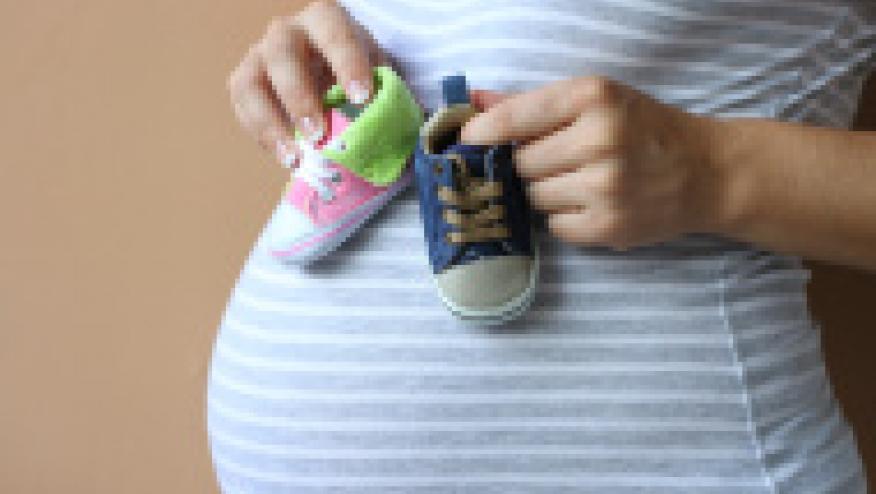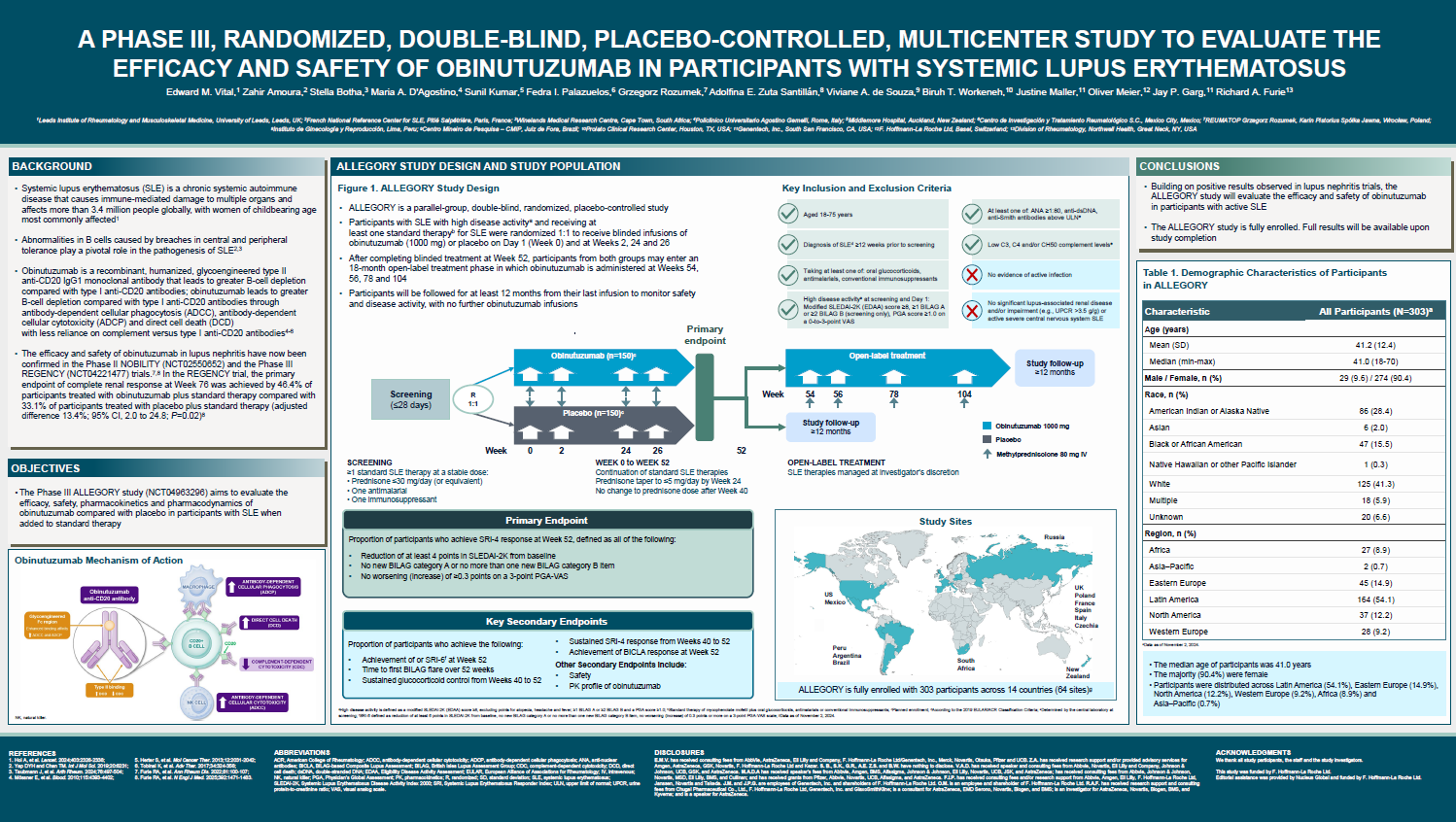SLE and Pregnancy Outcomes Save

Obstetric complications and poor pregnancy outcomes are not uncommon in women with systemic lupus erythematosus (SLE), especially with active disease. A large Spanish cohort trials shows that term pregnancy is more likely before the diagnosis of SLE and that poorer pregnancy outcomes were associated with antibody positivity to anticardiolipin IgG and anti-beta-2- glycoprotein IgG/IgM, but not lupus anticoagulant.
The RELESSER study was a multicentre retrospective SLE register, wherein obstetric/gynaecological variables, treatments received and maternal/fetal outcomes were compare to adults without SLE. The primary outcomes included miscarriage, preeclampsia/eclampsia, foetal death, and preterm birth. Secondary objectives considered were: (1) to compare the rate of these adverse outcomes in women with pregnancies before and after diagnosis of the SLE; and (2) to investigate factors associated with complications during pregnancy. Data included a total of 809 women, with 1869 pregnancies, of which 1395 reached term.
Women with pregnancies before the diagnosis of SLE had:
- more pregnancies (2.37 vs 1.87)
- higher rate of term pregnancies (76.8% vs 69.8%, p < 0.001) compared to those with pregnancies after the diagnosis.
- SLE diagnosis at an older age (43.4 vs 34.1 years)
- more comorbidities.
- (No differences between groups for antibody profiles)
Complications were seen in 114 out of the 809 women (14%) and included miscarriage, preeclampsia/eclampsia, foetal death, and/or preterm birth.
Women with complications had higher rates of antiphospholipid syndrome (40.5% vs 9.9%, p < 0.001) and higher rates of positivity for IgG anticardiolipin (33.9% vs 21.3%, p = 0.005), IgG anti-beta 2 glycoprotein (26.1% vs 14%, p = 0.007), and IgM anti-beta 2 glycoprotein (26.1% vs 16%, p = 0.032) antibodies, but no differences regarding lupus anticoagulant.
Drug use (corticosteroid or hydroxychloroquine) was not different between groups.
Pregnancy after the diagnosis of SLE, carries an increased risk of complications. Autoantibody profiling may help in risk stratifying SLE patients who wish to become pregnant (especially anticardiolipin IgG,anti-beta-2- glycoprotein IgG/IgM).











If you are a health practitioner, you may Login/Register to comment.
Due to the nature of these comment forums, only health practitioners are allowed to comment at this time.